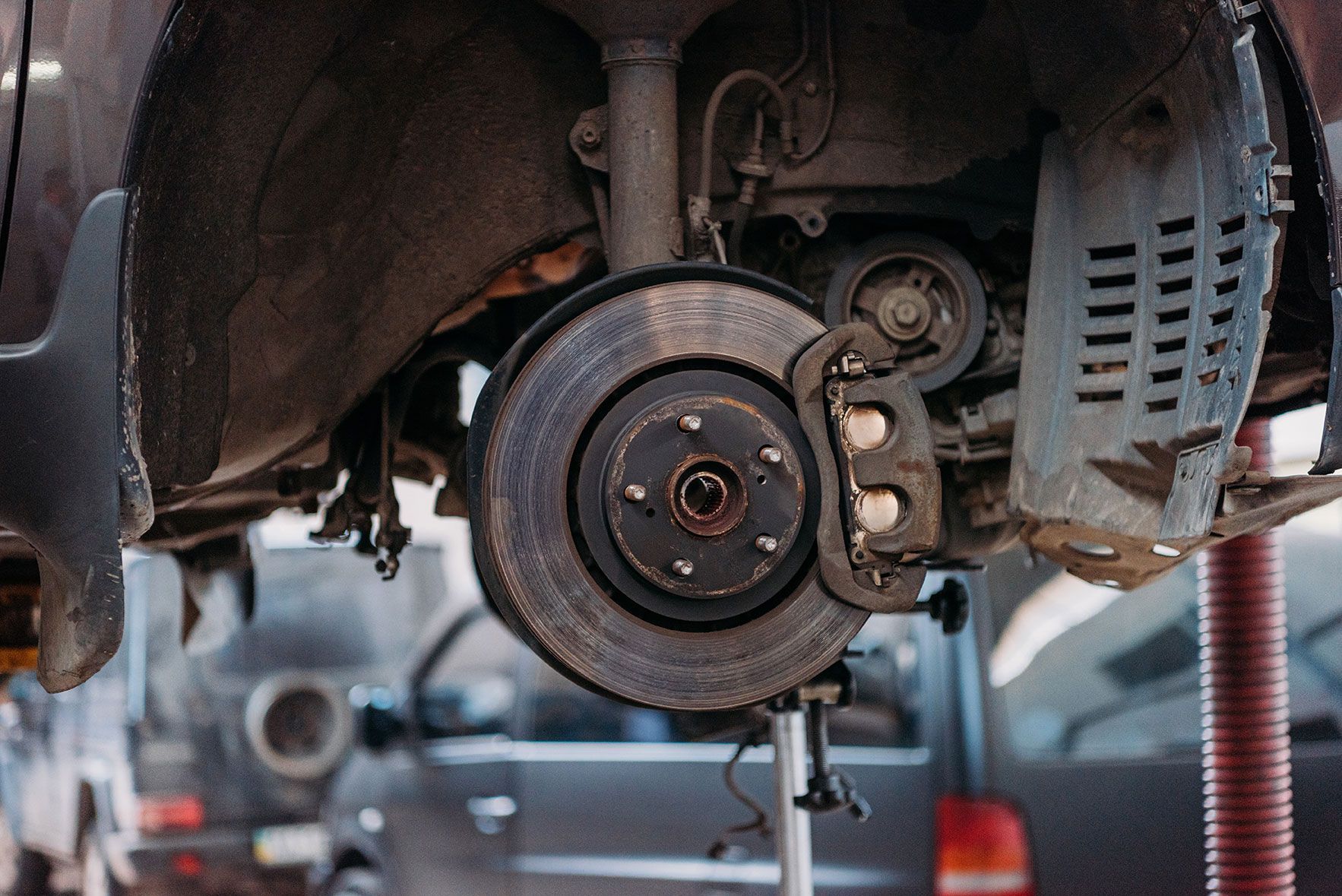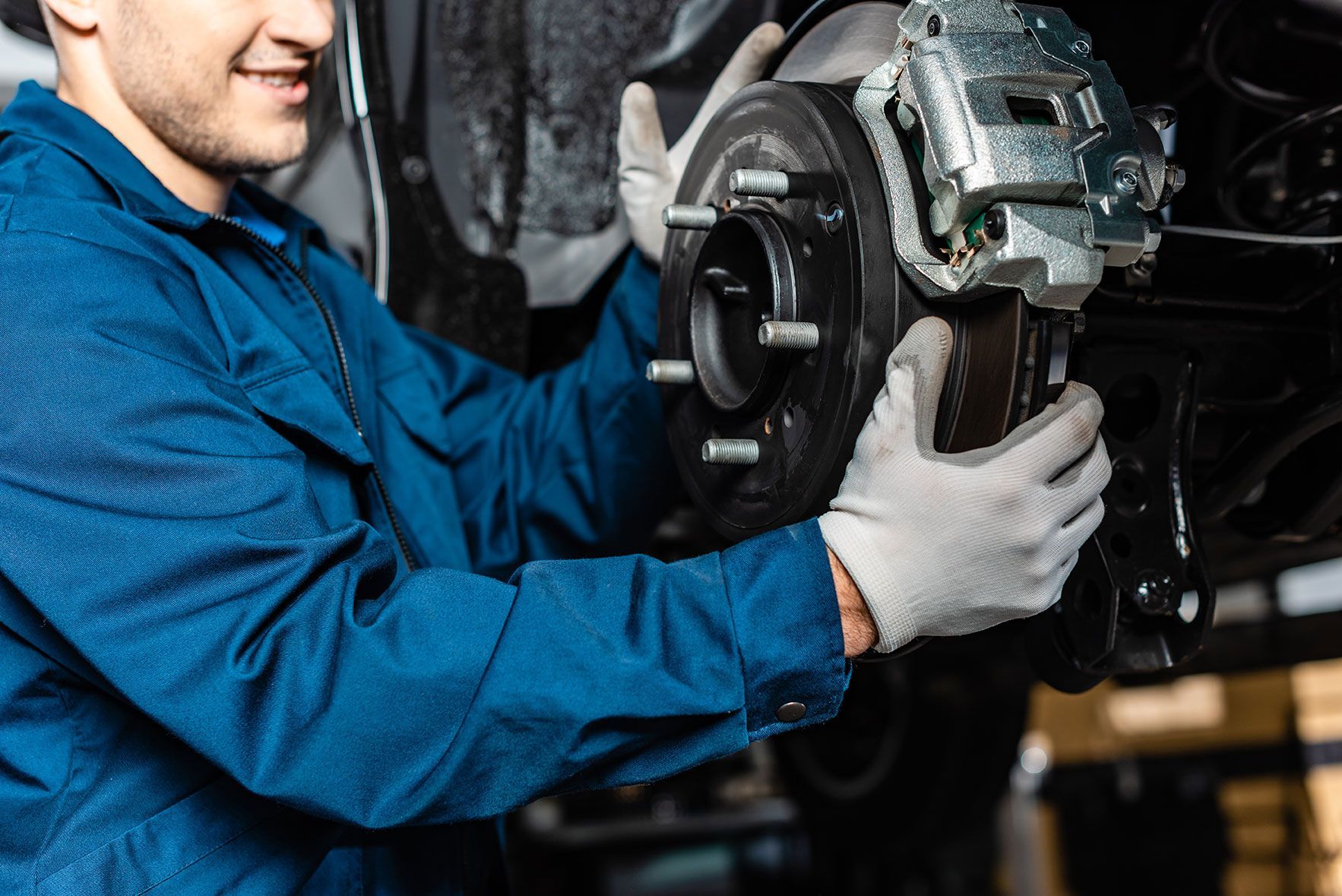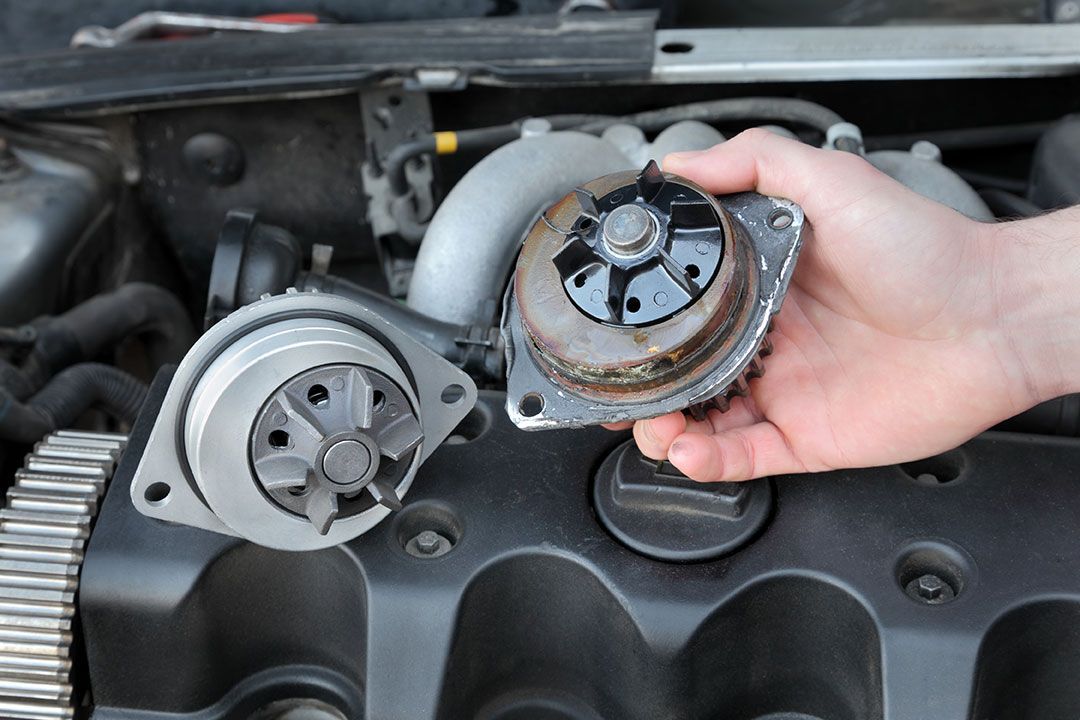How to Know When Your Car Battery Needs Replacement
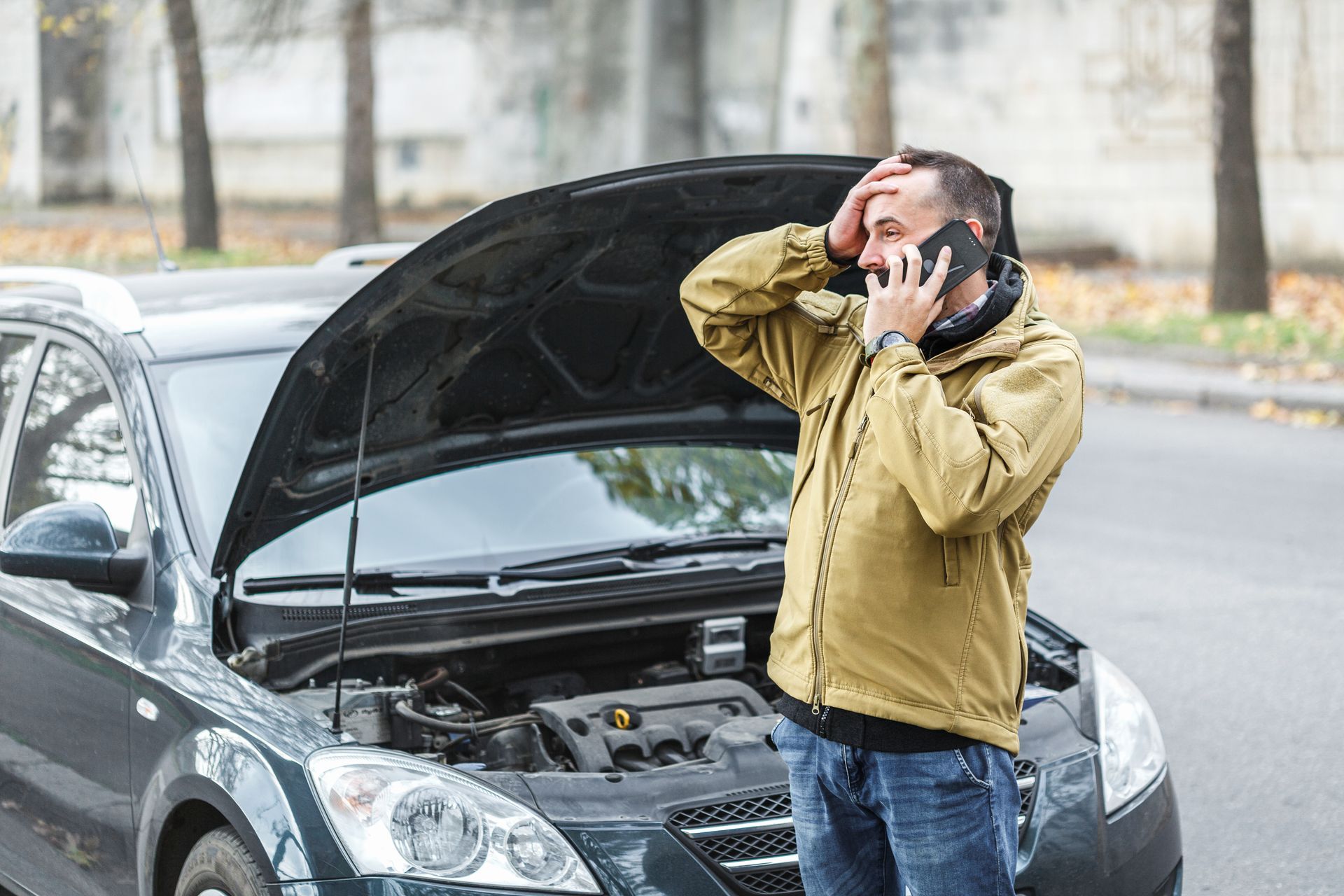
How to Know When Your Car Battery Needs Replacement
Your car battery is the silent hero of your vehicle. It powers everything from the ignition to your car's various electrical systems.
But what happens when it starts to fail?
Knowing when your car battery needs replacement can save you from unexpected breakdowns. It can also prevent costly repairs caused by a dead battery.
In this guide, we'll explore the signs of a failing battery. We'll discuss how to maintain battery health and the steps to take for replacing a car battery.
Whether you're a seasoned driver or a new car owner, this guide will empower you with the knowledge to make informed decisions about your car battery.
Recognizing the Signs of a Failing Car Battery
A failing car battery can show several signs. Some are subtle, while others are more noticeable.
One of the most common signs is dimming headlights. If your headlights are not as bright as they used to be, it could be a sign of a weak battery.
Another sign is a slow engine crank. When you turn the ignition, the engine may take longer to start.
Your car's electrical systems may also act up. This could include the radio, power windows, or even the air conditioning.
Here are some signs to look out for:
- Dimming headlights
- Slow engine crank
- Electrical issues
- Warning lights on the dashboard
- The age of your battery
Dimming Headlights and Slow Engine Crank
Dimming headlights are a clear sign of a weak battery. When the battery is low, it can't provide enough power for the headlights.
A slow engine crank is another sign. If the engine takes longer to start than usual, it could be due to a weak battery.
Warning Lights and Electrical Issues
Warning lights on your dashboard can indicate a battery issue. The check engine light or battery warning light may come on.
Electrical issues can also signal a weak battery. If your radio, power windows, or air conditioning are not working properly, it could be due to a low battery.
The Age of Your Battery: A Critical Factor
The age of your battery is a critical factor. Most car batteries last between 3 to 5 years.
If your battery is older than this, it may be time for a replacement. Regular battery checks can help you avoid unexpected battery failure.
The Role of Corrosion and Battery Cables
Corrosion and battery cables play a significant role in battery health. Corrosion can impede the flow of electricity, affecting battery performance.
Battery cables, on the other hand, are the lifeline of your car's electrical system. They connect the battery to the vehicle's electrical components.
If these cables are worn or damaged, they can cause power loss. Regular inspection of these cables is crucial for maintaining battery health.
Identifying and Cleaning Corrosion
Corrosion on battery terminals is easy to identify. It appears as a white, green, or blue powdery substance on the terminals.
Cleaning corrosion is a simple process. It involves disconnecting the battery, applying a baking soda and water solution, and scrubbing with a brush.
Inspecting and Maintaining Battery Cables
Regular inspection of battery cables is essential. Look for signs of wear and tear, such as fraying or corrosion.
Maintaining battery cables involves cleaning and tightening them. If they are severely damaged, replacement may be necessary.
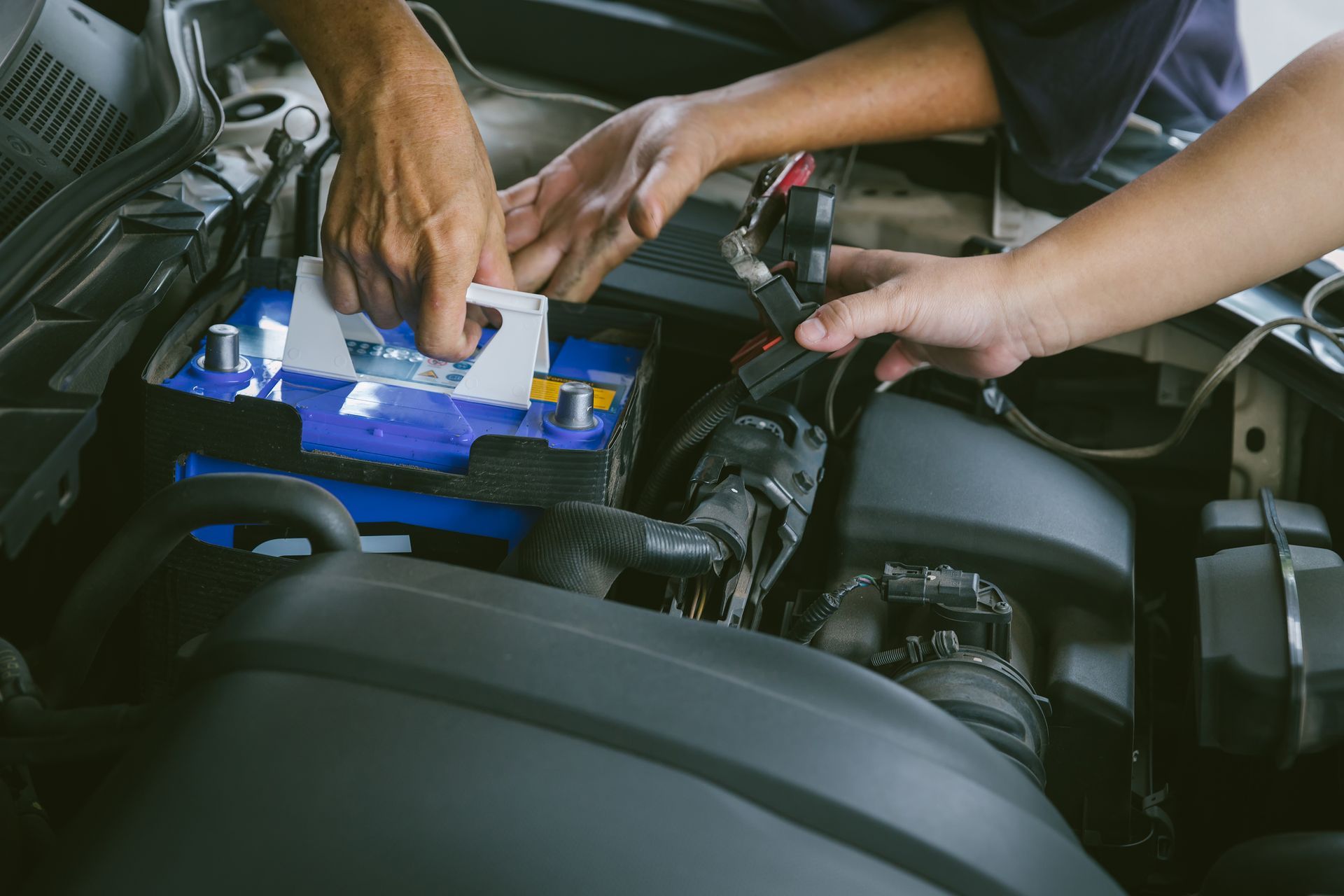
Alternator or Starter? Diagnosing Car Not Starting
When your car refuses to start, it's easy to blame the battery. However, other components could be at fault.
The alternator and starter are two key parts that can mimic a dead battery. Understanding their roles can help you diagnose the problem.
If the alternator or starter is faulty, replacing the battery won't solve the issue. It's essential to rule out these components before investing in a new battery.
When It's Not the Battery: The Alternator's Role
The alternator charges the battery while the car is running. If it's faulty, it can drain the battery.
A common sign of a failing alternator is dimming or flickering lights. If you notice this, it's worth having your alternator checked.
Starter Issues vs. Battery Problems
The starter is responsible for igniting the engine. A malfunctioning starter can prevent the car from starting, similar to a dead battery.
However, a faulty starter usually produces a clicking sound when you turn the key. If you hear this sound, it's likely the starter, not the battery.
Car Battery Replacement: Convenience and Considerations
Car battery replacement services offer a convenient solution for those unable to visit a mechanic. These services come to your location, saving you time and hassle.
However, it's important to choose a reputable service. Ensure they offer warranties and use high-quality batteries.
The Pros and Cons of DIY vs. Professional Battery Replacement
Replacing a car battery yourself can be cost-effective. It also gives you control over the quality of the replacement battery.
However, it requires knowledge of safety procedures. Improper handling can lead to injury or damage to the car. If you're unsure, it's best to hire a professional.
Conclusion: Maintaining Battery Health and Timely Replacement
Understanding when your car battery needs replacement is crucial for maintaining your vehicle's health. Regular inspections, timely replacements, and proper maintenance can prevent unexpected breakdowns and costly repairs.
Remember, a well-maintained car battery not only ensures a smooth ride but also extends the lifespan of your vehicle.
Summary of Key Takeaways
In summary, watch for signs of a failing battery like dimming headlights and slow engine crank. Regularly inspect for corrosion and maintain your battery cables. Understand the roles of the alternator and starter in your car's operation.
Don't wait for your car to break down
Stay proactive in maintaining your car battery. If you notice any signs of a failing battery, seek professional help or consider a mobile car battery replacement service. Your car will thank you!



